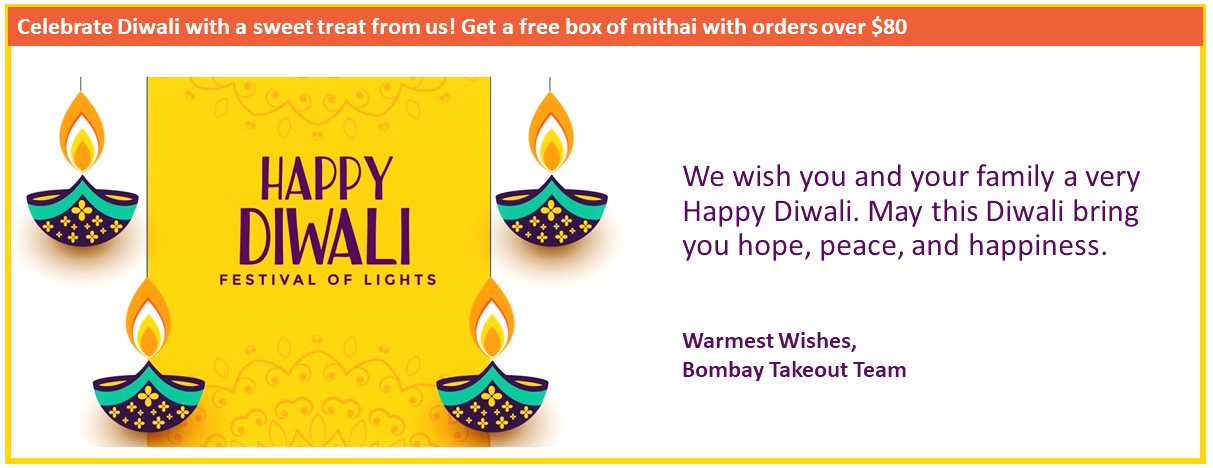Nearly two-thirds of the herbal medicines used by cancer patients in the Middle East have potential negative effects, a new study indicates. Among the remedies found to pose risks are gingko biloba, green tea, turmeric and black cumin.
Ben-Arye and colleagues wanted to focus on cancer care providers who are aware of their patients’ herbal supplement use. In general, Middle Eastern cancer care providers have a skeptical view of these alternative medicines, Ben-Arye said. However, his studies show that the providers also support the idea of having a physician consultant on a patient’s cancer care team who can speak to the “the effectiveness and safety of these herbal practices along with conventional cancer treatments,” he noted.
Patients feel similarly, Ben-Arye suggested. “In the majority of cases, patients seek to combine the best of the two worlds and do not perceive herbal medicine as a real alternative to modern oncology care.”
Patients most often turn to the herbs to enhance their quality of life and to cope better with the effects of their treatment, Ben-Arye added, rather than use them in an attempt to cure their cancers.
The countries in the survey with the highest rates of herbal medicine use included Turkey, the Palestinian Authority and Qatar. Stinging nettle, garlic, black cumin and turmeric were among the most used herbs, with other items such as camel’s milk and honey also making the list.
The researchers hope the new study will guide cancer care providers as they offer “open, non-judgmental” advice about the safety and effectiveness of herbal medicines.
“The majority of patients would hope to share their experience and questions of herbal option with their health care provider ‘at home’ within the oncology department rather than ‘outside’ where non-professionals and sometimes charlatans suggest miraculous potions,” Ben-Arye said.


